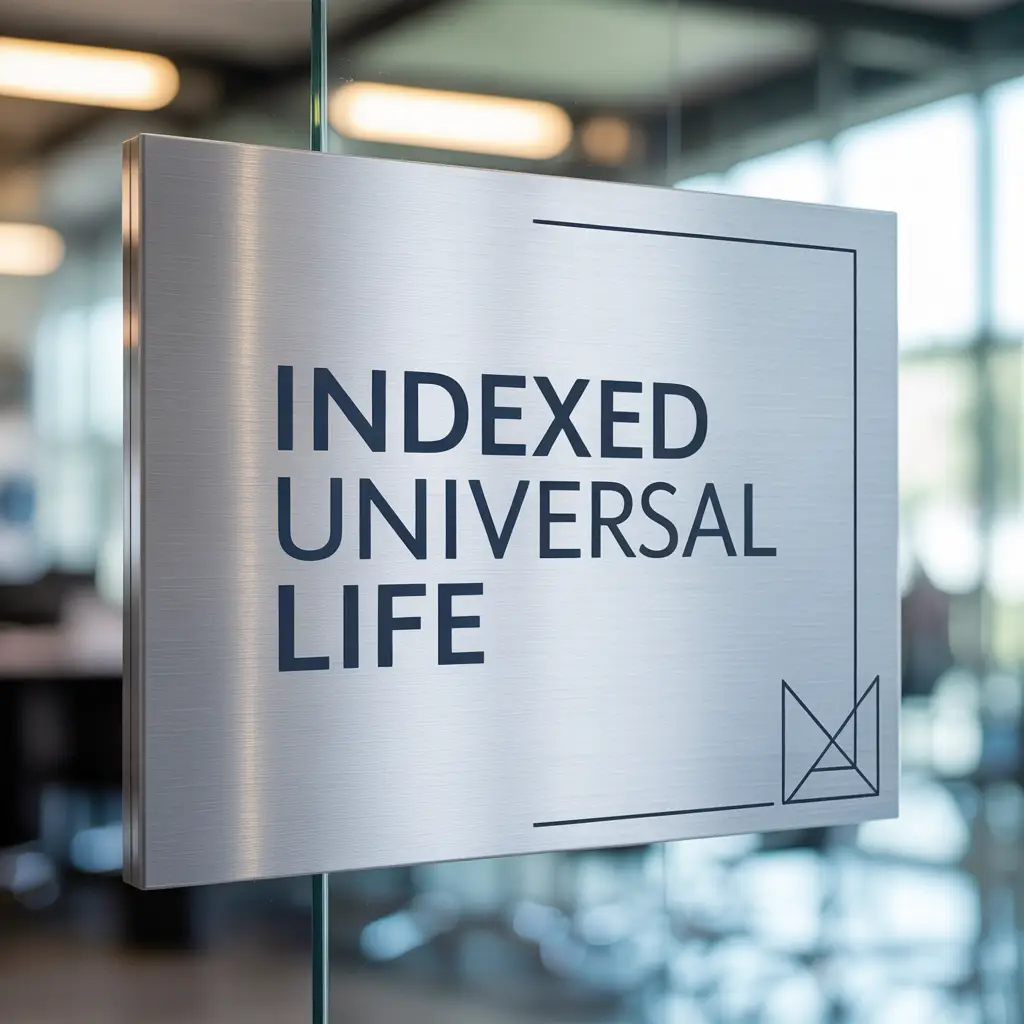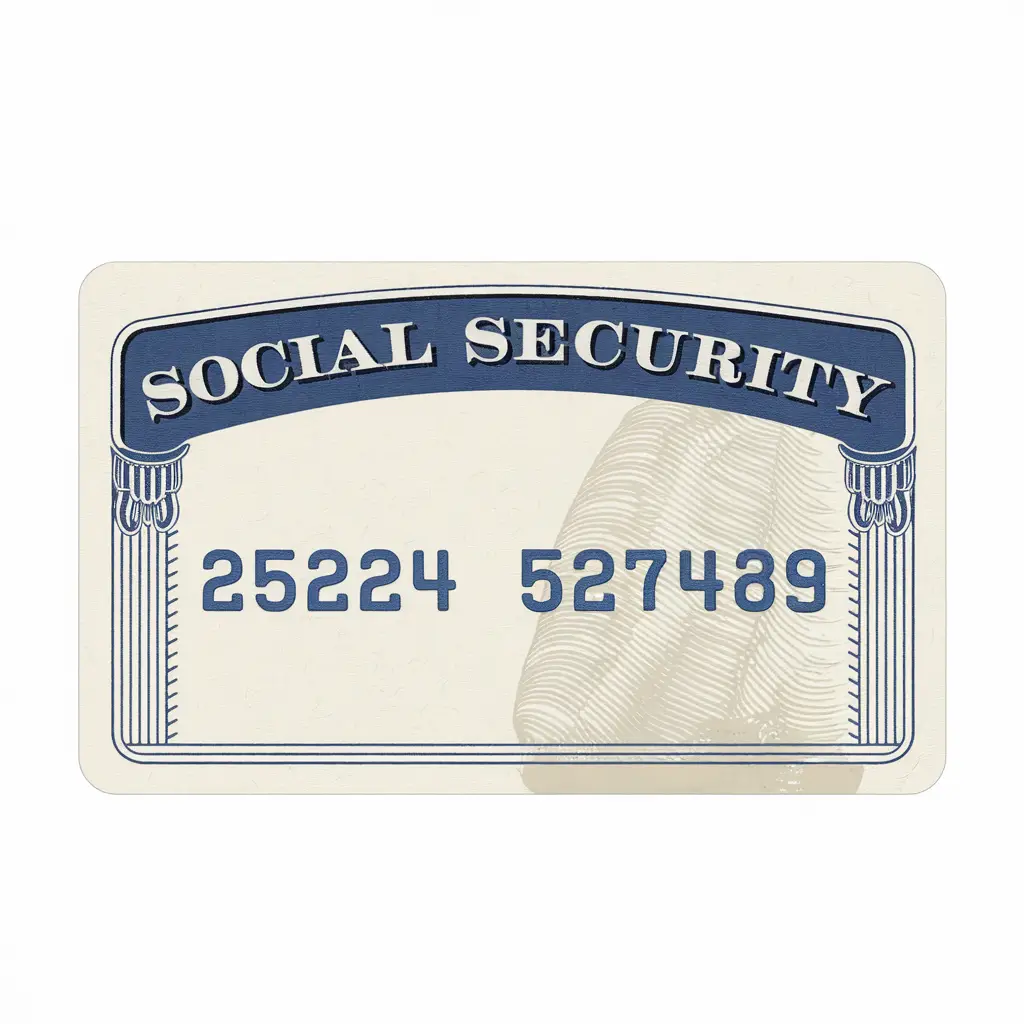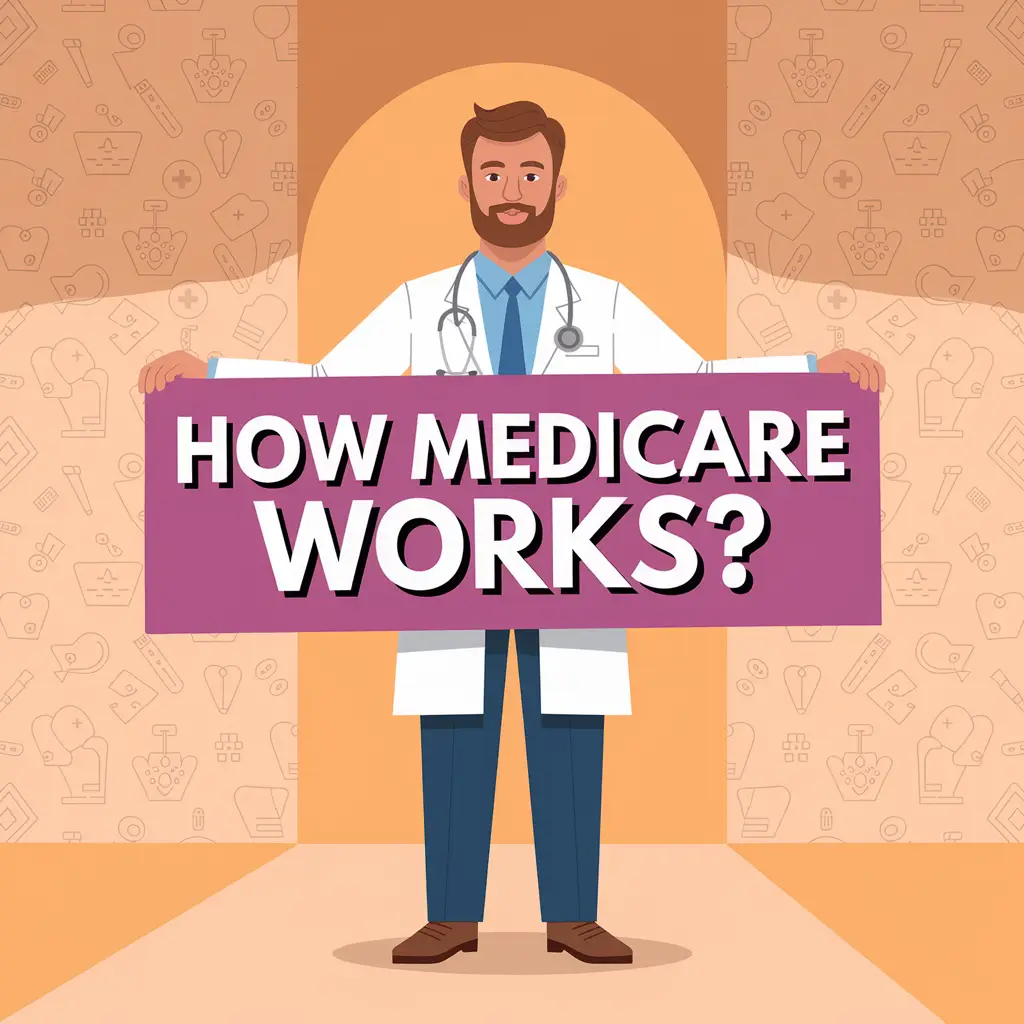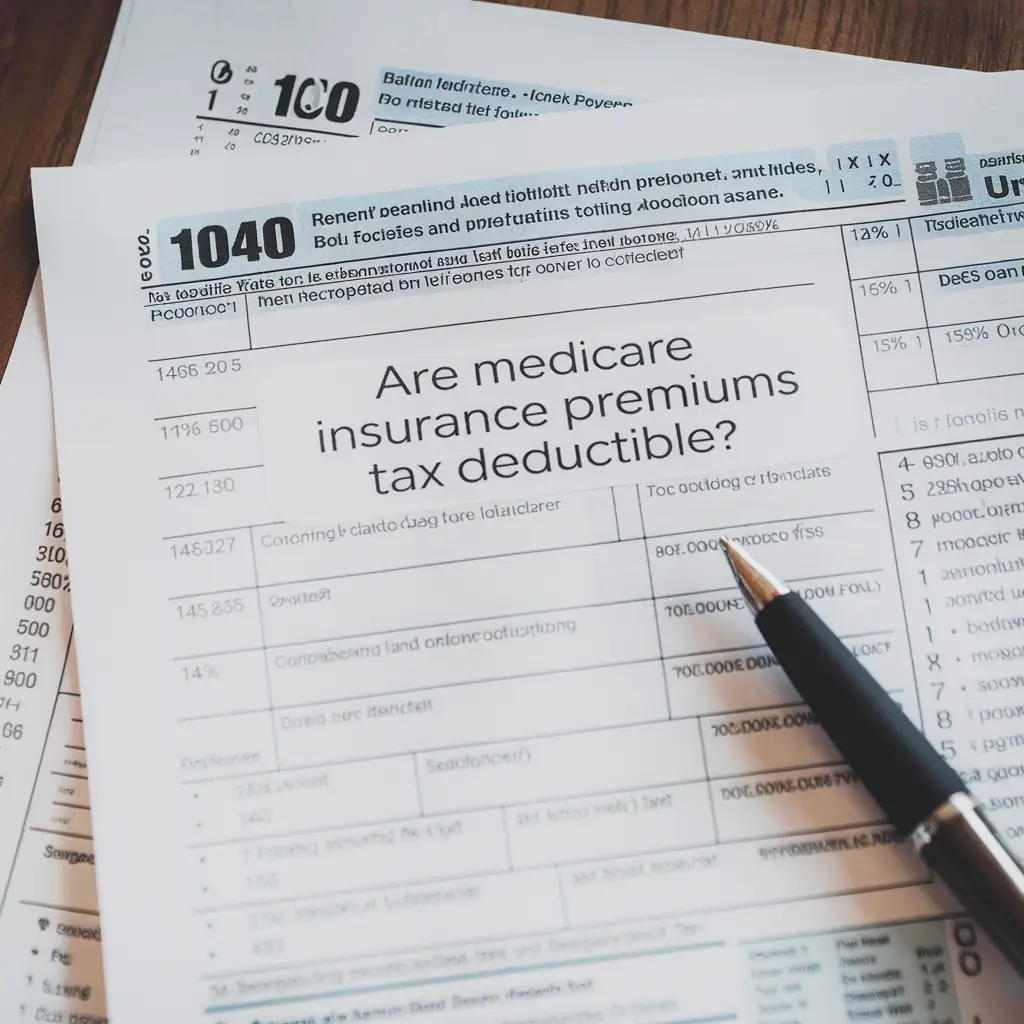At What Age Do I Become Eligible for Medicare?
As you approach your mid-60s, understanding when you become eligible for Medicare is crucial for planning your healthcare future. While age 65 is often cited as the magic number, there are various factors that determine Medicare eligibility. In this comprehensive guide, we’ll explore the ins and outs of Medicare eligibility to help you navigate this important transition.
Standard Medicare Eligibility Age
The primary age for Medicare eligibility is 65. This age was established when Medicare was created in 1965, based on the retirement age set by the Social Security Administration. However, it’s important to note that there are exceptions to this rule, which we’ll explore later in this article.
Understanding Medicare Parts
Before diving deeper into eligibility, let’s briefly review the different parts of Medicare:
Original Medicare
- Part A (Hospital Insurance): Covers inpatient hospital stays, skilled nursing facility care, hospice care, and some home health care.
- Part B (Medical Insurance): Covers certain doctors’ services, outpatient care, medical supplies, and preventive services.
Medicare Advantage (Part C)
These are all-in-one alternatives to Original Medicare offered by private insurance companies approved by Medicare.
Medicare Prescription Drug Coverage (Part D)
This part provides coverage for prescription medications.
Eligibility for Medicare Before Age 65
While 65 is the standard eligibility age, you may qualify for Medicare earlier under certain circumstances:
Disability-Based Eligibility
If you’re receiving Social Security Disability Insurance (SSDI), you generally become eligible for Medicare after a 24-month waiting period.
Specific Medical Conditions
- Amyotrophic Lateral Sclerosis (ALS): If you have ALS, you’re eligible for Medicare as soon as your SSDI benefits begin.
- End-Stage Renal Disease (ESRD): People with ESRD can get Medicare at any age if their kidneys no longer work and they need regular dialysis or have had a kidney transplant.
Medicare Eligibility and Work Credits
Eligibility for Premium-Free Part A
To be eligible for premium-free Part A, you or your spouse must have paid Medicare taxes for at least 40 quarters (10 years) during your working life.
Work Credits Explained
Work credits are earned through your payroll taxes. You can earn up to four credits per year, and you need 40 credits to qualify for premium-free Part A.
Eligibility When You Don’t Have Enough Work Credits
If you don’t have enough work credits, you may still be able to get Medicare, but you’ll have to pay a premium for Part A.
Medicare Enrollment Periods
Understanding enrollment periods is crucial to avoid gaps in coverage or late enrollment penalties:
Initial Enrollment Period (IEP)
This is a 7-month window that includes the 3 months before your 65th birthday, your birthday month, and the 3 months after.
Special Enrollment Period (SEP)
If you delayed enrollment because you had employer-based coverage, you may qualify for a SEP when that coverage ends.
General Enrollment Period (GEP)
If you miss your IEP and don’t qualify for a SEP, you can enroll during the GEP, which runs from January 1 to March 31 each year.
Eligibility for Different Medicare Parts
Part A Eligibility
Most people are eligible for Part A at 65 if they or their spouse worked and paid Medicare taxes for at least 10 years.
Part B Eligibility
Anyone eligible for Part A can enroll in Part B. Some people get Part B automatically, while others need to sign up.
Part C (Medicare Advantage) Eligibility
To be eligible for Part C, you must have both Part A and Part B and live in the plan’s service area.
Part D Eligibility
Anyone with Part A or Part B can join a Medicare Prescription Drug Plan.
Medicare Eligibility for Non-U.S. Citizens
Permanent Residents
Generally, permanent residents who have lived in the U.S. for at least 5 continuous years are eligible for Medicare at 65.
Other Non-Citizen Eligibility Rules
Eligibility for non-citizens can be complex and depends on various factors. It’s best to consult with Social Security for specific situations.
Verifying Your Medicare Eligibility
Using the Medicare Eligibility Tool
Medicare.gov offers an online eligibility tool to help you determine if you qualify.
Contacting Social Security
You can also contact Social Security directly to verify your eligibility.
What Happens When You Become Eligible
Automatic Enrollment Scenarios
If you’re already receiving Social Security benefits, you’ll be automatically enrolled in Part A and Part B when you turn 65.
When You Need to Take Action to Enroll
If you’re not receiving Social Security benefits, you’ll need to actively enroll in Medicare.
Common Misconceptions About Medicare Eligibility
Confusing Medicare with Social Security Retirement Age
Medicare eligibility age (65) is different from the Social Security full retirement age, which varies based on birth year.
Assuming Eligibility is Always at Exactly 65
While 65 is the standard age, your Initial Enrollment Period actually begins 3 months before your 65th birthday.
Thinking You’re Not Eligible if You’re Still Working
You can enroll in Medicare at 65 even if you’re still working, although you may choose to delay Part B.
Planning for Medicare Enrollment
Steps to Take as You Approach Eligibility
Start researching your options about 6 months before you turn 65.
Considerations for Those Still Working at 65
If you have employer coverage, compare it with Medicare to decide if you should enroll.
Importance of Avoiding Late Enrollment Penalties
Enrolling on time helps you avoid permanent late enrollment penalties.
Medicare Eligibility and Other Health Insurance
Medicare and Employer-Sponsored Health Insurance
You can have both Medicare and employer coverage, but it’s important to understand how they work together.
Medicare and COBRA
Be cautious about relying on COBRA instead of Medicare, as it can affect your enrollment rights.
Medicare and Veterans Benefits
You can have both Medicare and VA benefits, which can provide you with more comprehensive coverage.
Future of Medicare Eligibility Age
Current Discussions About Changing the Eligibility Age
There are ongoing debates about potentially raising the Medicare eligibility age.
Potential Impact on Future Beneficiaries
Any changes to the eligibility age would likely be phased in over time and may not affect those close to 65 now.
Conclusion
Understanding your Medicare eligibility is a crucial step in planning for your healthcare future. While age 65 remains the standard eligibility age for most people, various factors can affect when and how you become eligible. It’s important to be aware of your personal situation, including work history, current health status, and other insurance coverage, to make informed decisions about your Medicare enrollment.
Next Steps
Are you approaching Medicare eligibility and want to ensure you’re making the right choices? Contact Craig Smith Insurance Group today for a free Medicare eligibility consultation. Our expert team can help you understand your options and guide you through the enrollment process, ensuring you have the coverage you need when you need it.
When Can I sign up for Medicare?










